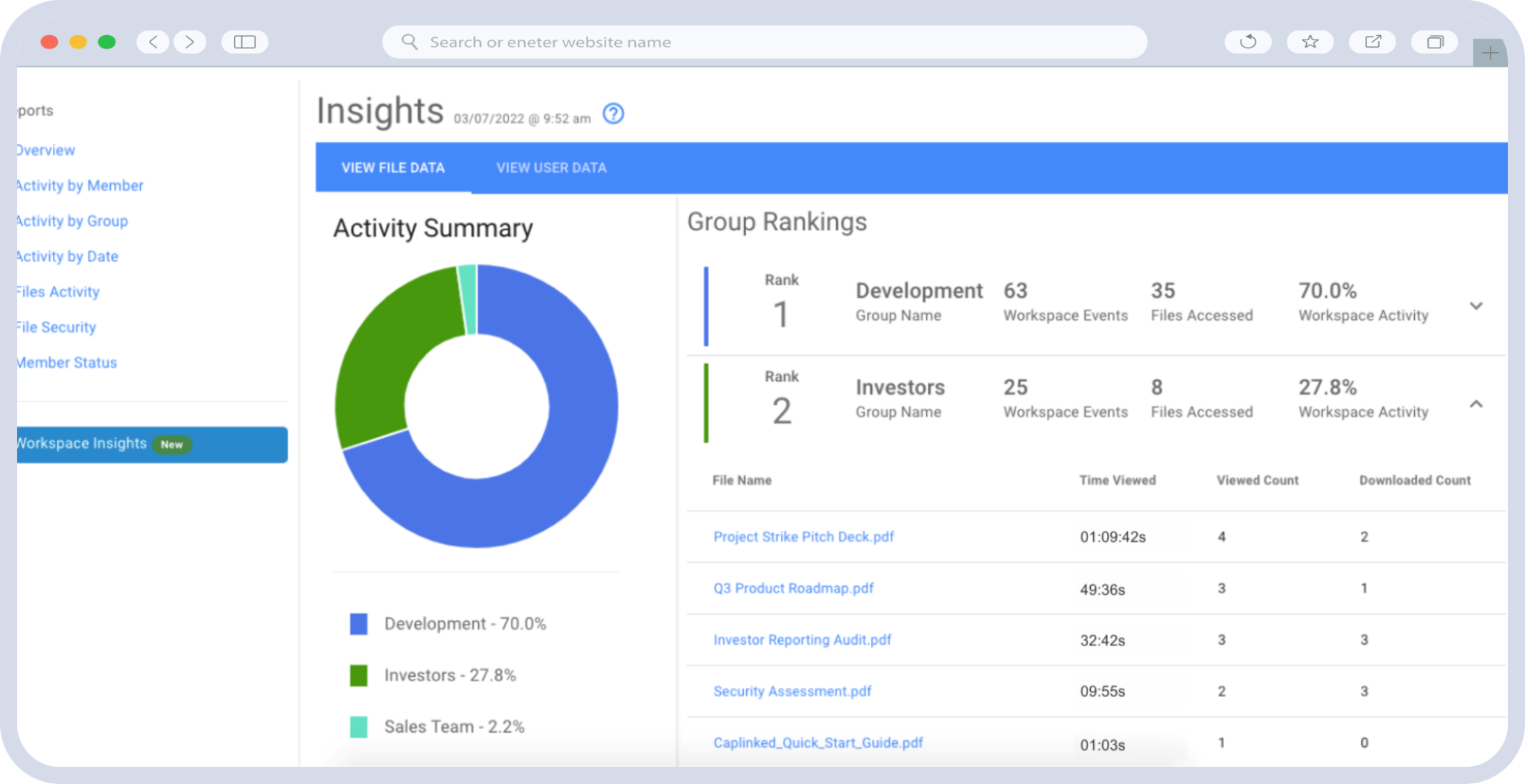The age when deal teams could focus solely on domestic regulations is over. By 2025, capital markets are defined by cross-border transactions, global investors, and international principles that set the baseline for due diligence everywhere. What once felt like “soft law” — voluntary frameworks or aspirational guidelines — has hardened into the standards that regulators, investors, and counterparties now expect dealmakers to follow.
Two organizations in particular shape this new compliance environment: the International Organization of Securities Commissions (IOSCO) and the Organisation for Economic Co-operation and Development (OECD). IOSCO acts as the global standard setter for securities regulation, while the OECD establishes principles of corporate governance recognized across jurisdictions. Their influence is not abstract. Their standards cascade into U.S. SEC rules, EU directives, and APAC governance codes. In practice, if you are managing a deal in 2025, you are already working under IOSCO and OECD norms — whether you realize it or not.
For M&A, private equity, and capital markets professionals, this creates both a challenge and an opportunity. The challenge is complexity: every deal now requires compliance with overlapping global, regional, and national requirements. The opportunity is differentiation: firms that can demonstrate seamless alignment with international principles signal to investors and regulators that they are operating at the highest level of diligence.
The Virtual Data Room (VDR) sits at the heart of this shift. No longer just a place to store contracts and disclosures, the VDR must now support global compliance frameworks, provide auditability across jurisdictions, and handle sensitive ESG, cyber, and AI documentation in a way that satisfies regulators in multiple markets simultaneously.
Table of Contents
ToggleIOSCO in 2025: The Standard Setter for Securities Markets
IOSCO brings together regulators from over 130 jurisdictions, representing more than 95% of global capital markets. Its mission has always been to harmonize securities regulation, but in 2025 its focus has sharpened on three areas that directly affect deal compliance: sustainable finance, cyber resilience, and AI governance.
Sustainable Finance and ESG Disclosure
Sustainability reporting has become one of the thorniest challenges in global finance. Different jurisdictions have adopted different disclosure frameworks, leaving multinational firms struggling to prepare consistent reports. IOSCO’s work seeks to harmonize these expectations, particularly around climate-related disclosures. For dealmakers, this means that due diligence now extends beyond financials into ESG metrics. A target’s sustainability reports must be evaluated against global norms, and the VDR must provide a secure, auditable home for these documents.
Cyber Resilience
IOSCO also sets baseline expectations for how market infrastructure should withstand cyber threats. This is not limited to exchanges or clearinghouses; it extends to any entity whose cyber posture could create systemic risk. In practice, a deal involving a financial institution, fintech, or market data provider must now show that cyber resilience is embedded in its operations. Diligence teams need evidence: penetration test results, cyber governance policies, and incident logs. A VDR that can manage this information with real-time audit trails is indispensable.
AI in Capital Markets
Finally, IOSCO has turned its attention to artificial intelligence. Its guidance emphasizes governance, explainability, and risk mitigation in the use of AI for trading, advisory, and compliance functions. For M&A teams, this introduces a new layer of diligence: reviewing not just whether AI tools exist, but how they are governed. A firm using AI-driven portfolio tools must be able to demonstrate that the systems are explainable, free from embedded bias, and subject to oversight. The VDR becomes the review environment where those policies and audits are documented.
OECD and the Principles of Corporate Governance
The OECD’s corporate governance principles, updated in 2023, have quickly become embedded in how global investors evaluate companies. While IOSCO focuses on securities markets, the OECD addresses the structures that underpin corporate integrity. Its principles set expectations in three critical areas.
Disclosure Standards
The OECD calls for transparent disclosure not only of financial results but also of governance structures, ESG performance, and risk exposures. Investors — particularly institutional and cross-border funds — increasingly expect these disclosures to be packaged and easily reviewable during transactions. The VDR is the logical space where governance documents, ESG reports, and board evaluations are stored and tracked.
Board Responsibilities
OECD principles emphasize that boards must exercise oversight of all major risks, including cybersecurity and AI. This means that diligence on a potential acquisition now requires reviewing board minutes, risk committee reports, and oversight frameworks to confirm alignment with these global standards.
Shareholder Rights
The OECD also stresses the protection of shareholder rights, particularly for minority and cross-border investors. Deal teams must ensure that transaction structures respect these rights and can demonstrate compliance in the VDR through legal documentation, shareholder agreements, and communication records.
Taken together, the OECD’s governance principles form the backdrop against which investors judge the credibility of a target.
How Global Standards Shape Local Regulations
One of the most striking features of the modern regulatory landscape is convergence. National regulators no longer operate in isolation; they mirror and adapt IOSCO and OECD frameworks.
European Union Alignment: DORA and NIS2
The EU’s Digital Operational Resilience Act (DORA) is a direct reflection of IOSCO’s cyber resilience principles. Similarly, the NIS2 Directive extends security obligations to “essential entities” in ways that track IOSCO’s emphasis on protecting systemic infrastructure. Together, they bring cyber resilience into the core of European deal compliance.
U.S. SEC Rules
The SEC’s own rules on cyber disclosures and its proposals for AI oversight closely align with OECD governance principles. Requirements for transparent disclosure of cyber incidents, AI conflicts of interest, and ESG risks mirror the global baseline, showing how international standards cascade into domestic law.
Convergence, Not Divergence
For deal teams, this trend means fewer opportunities to arbitrage between jurisdictions and a higher baseline everywhere. If your VDR and diligence processes meet IOSCO and OECD expectations, you are likely to satisfy multiple regulators simultaneously. If they don’t, you risk falling behind everywhere.
Why Deal Teams Must Care About Global Compliance
The practical implications for dealmakers are profound.
Cross-Border Transactions Are the Norm
Few transactions remain confined to a single jurisdiction. A U.S. private equity firm acquiring a European fintech must prove compliance not only with SEC rules but also with DORA and NIS2. The VDR must be capable of housing documentation that satisfies both.
Investor Scrutiny Is Global
Sovereign wealth funds, institutional investors, and pension funds do not limit themselves to national frameworks. They expect compliance with IOSCO and OECD principles regardless of geography. If a target fails to meet those standards, investor confidence will falter.
Reputational Risk
The reputational consequences of overlooking global standards are immediate. Regulators and media outlets increasingly benchmark corporate conduct against IOSCO and OECD norms. A deal that ignores them risks not only regulatory delays but also public criticism.
The Compliance-Ready VDR in 2025
Meeting this new global baseline requires a VDR that goes beyond simple document storage. A compliance-ready VDR must provide features designed to satisfy international standards.
- Multi-Language and Multi-Standard Support: Content must be indexed, tagged, and searchable across multiple jurisdictions.
- Global Audit Trails: Every user action must be logged in formats exportable for international regulators.
- Advanced Permissions: Role-based access must simultaneously meet GDPR, SEC, and APAC data protection regimes.
- ESG and Governance Workflows: The VDR must accommodate sustainability reports, board evaluations, and shareholder rights documentation.
- Cross-Border Security Certification: Certifications like SOC 2, ISO 27001, and GDPR compliance must be recognized worldwide.
CapLinked is already positioned to deliver these capabilities, with incremental enhancements to analytics and ESG reporting modules enabling it to become the global compliance VDR of choice.
Future-Proofing Enterprise Deals
Proof-of-Concept Bake-Offs
Large banks and private equity firms increasingly run bake-offs between VDR providers before selecting one for enterprise deals. Demonstrating faster setup, compliance-ready features, and global scalability is critical to winning those contracts.
Preparing for Investor Demands
Deal teams can stay ahead by building diligence checklists aligned with IOSCO and OECD standards, documenting cyber, AI, and ESG policies within the VDR, and using analytics dashboards to demonstrate governance compliance
Trust as Currency
In global dealmaking, trust is as valuable as financial diligence. A VDR that proves compliance is built-in enhances confidence with regulators and investors alike, accelerating closings and improving valuations.
Conclusion: CapLinked as the Global Compliance-Ready VDR
The trajectory is unmistakable: national regulations are converging on global principles. IOSCO and OECD standards are no longer optional reference points; they are the blueprint shaping due diligence worldwide.
For capital markets teams, this means that compliance must be demonstrated at a global level, not just a local one. Firms that embrace these standards will not only avoid regulatory pitfalls but also differentiate themselves as trusted stewards of global capital.
CapLinked provides the secure, enterprise-grade foundation needed to meet these demands — with advanced permissions, compliance-ready audit trails, and integrations that support complex, cross-border transactions.
In 2025, the winning deals will be the ones that are globally compliant, investor-ready, and seamlessly documented. With CapLinked, deal teams have the platform to deliver exactly that.




